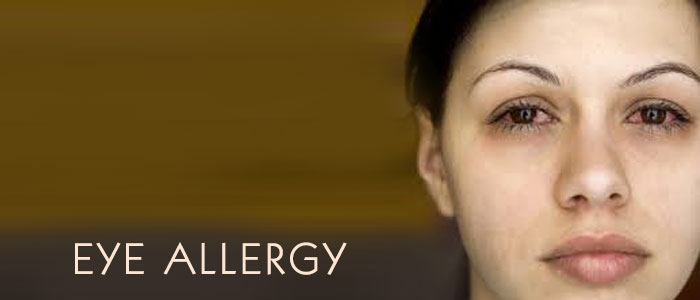
Understanding Eye Allergies
When you say, "I have allergies," people expect you to sneeze. But your nose isn't the only part of your body that gets hit during an allergy attack. You can also have red, swollen, and itchy eyes.
The usual suspects -- pollen, dust mites, pet dander, feathers, and other indoor or outdoor allergens -- can set off eye allergy symptoms. To treat them, find out what triggers them and stay ahead of the symptoms. Eye drops, other medications and especially immunotherapy can bring relief.
Eye Allergy Triggers
When you have allergies, your body reacts to things that aren't really harmful, like pollen, dust mites, mold, or pet dander. It releases histamine, a chemical that causes swelling and inflammation. The blood vessels in your eyes swell and your eyes get red, teary, and itchy.
You can be allergic to:
• Pollen from grasses, weeds, and trees. These are the most common kinds of eye allergies and are called seasonal allergic conjunctivitis.Symptoms
• Dust, pet dander, and other indoor allergens. These eye allergies last year-round and are called chronic (perennial) conjunctivitis.
• Makeup, perfume, or other chemicals can trigger eye allergies called contact conjunctivitis.
• An allergy to contact lenses, called giant papillary conjunctivitis, makes eyes sensitive and red.
• Red, irritated eyesUsually you'll also have other allergy symptoms, such as a stuffy, runny nose and sneezing.
• Itchiness
• Tearing or runny eyes
• Swollen eyelids
• Soreness, burning, or pain
• Sensitivity to light
